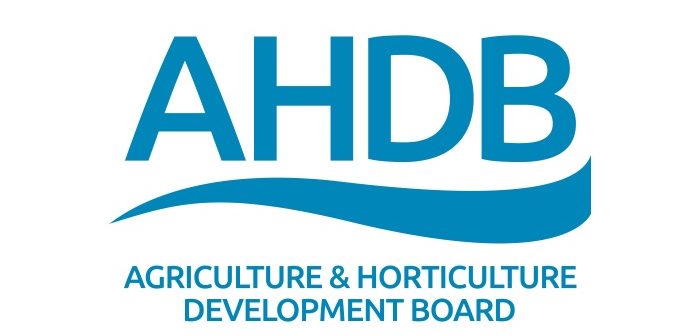Thirty students from AHDB’s £1.4 million PhD programme visited food and agricultural businesses to help boost collaboration and drive innovation from the lab to the industry.
The group are all undertaking doctorates in areas of research, which are relevant to agricultural and horticultural industry priorities, to help grow the next generation of technical experts.
As part of the tour, students visited six locations in North West England, including the Lancaster Environment Centre, seed suppliers Quantil Agriculture, the Lancaster Brewery, Huntapac – which grows, packs and distributes vegetables, brassicas and salads – and Lovania, a nursery which supplies over 30 million plants to 1,200 businesses every year.
Having completed a PhD, carried out roles in academia and industry, and now employed by AHDB as a Resource Management Scientist, Georgina Key said: “The value of getting out of the laboratory and into real-world situations can’t be underrated. It’s a means of stimulating innovation and increasing collaboration with the industries which could directly benefit from the student’s work, in the future.
“Their projects range from crop protection through to automation, but visiting sites and seeing how technology and science is applied in practice by businesses will inspire the students, helping them to ask more questions and stimulate new ideas.”
While taking 30 students to a brewery could seem like trouble, the Lancaster Brewery is a company, which uses freshly milled malt, whole leaf hops and live yeast – to produce some of the best beer in the country. Quality ingredients are imperative to a quality product.
Working on plant diseases at a molecular level at East Malling Research Centre, PhD student Antonio Gomez said: “Visiting the brewery, we learned that the nicest and highest quality ingredients are chosen and blended carefully to make different beers – but an extra ingredient is essential to make it perfect. That’s science.
“The visit has been fantastic and inspirational, not only for my work, but for my understanding of how collaboration can move innovation from the lab, into industry.”
Based near Ormskirk, arable farmer Andrew Webster explained to the group how AHDB’s Knowledge Exchange Programme and collaborating with manufacturers was key to him driving innovation in his farming business.
Andrew said: “We wanted to improve nematicide incorporation to help protect crops grown on our farm. We approached a number of manufacturers to get machine trials, but we were turned down time after time because we simply did not have the right connections.
“Then we hosted an AHDB Potatoes event, benefitting from the cream of the industry crop turning up on our farm. Through that, building up our connections with industry and getting access to technology, we were able to innovate and develop a new piece of kit, which helps us control microscopic nematode worms on farm. Having that close relationship with researchers, agronomists and growers is essential to driving innovation across the industry.”
On 17 July AHDB applications will open for new postgraduate studentships, for more information on the programme visit: https://ahdb.org.uk/projects/PhDStudentships.aspx




